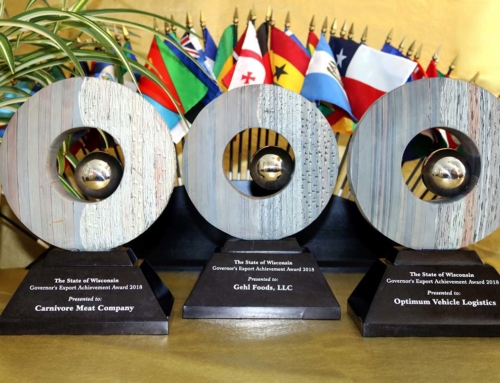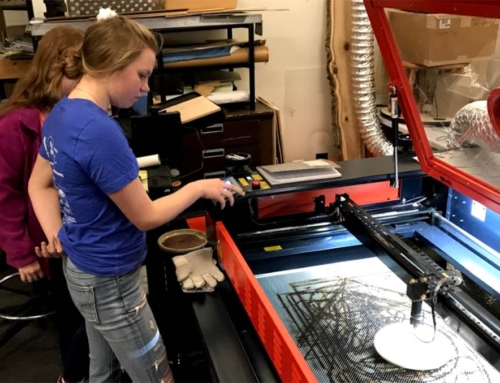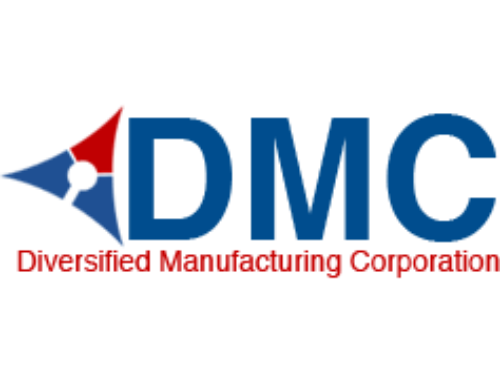The steps and resources required to start a business, as well as that business’s long-term success, are influenced by a complex set of factors. While business formation and success is largely in the private sector, the public sector has a role to play, particularly with regard to companies that face technical barriers, capital constraints and regulatory hurdles. For the past 10 years, the Qualified New Business Venture (QNBV) Program has supported entrepreneurship in Wisconsin, offering tax credits to increase the appeal of investing in young, promising companies, and thus making it easier for these startups to attract the funding they need to thrive.
A recently issued report looks back at the QNBV Program’s performance in 2014 and over the past decade. During the 10 years of the program’s operation, $80.3 million in tax credits have been issued, enabling QNBV-certified companies to attract $321 million in qualifying investment. Over the same 10-year period, QNBV-certified companies have received more than $1.2 billion in total funding, indicating that QNBV credits are helping to create additional economic value beyond the initial investment.
Over the years, the state Legislature has made a number of changes to the program to enhance program effectiveness and reflect the evolving landscape of technology and entrepreneurship. There have been increases in the maximum amount of allowable credits per investor and investment per company, as well as changes to eligibility criteria to allow the program to grow. Cumulative caps on the two types of tax credits involved were lifted in 2009 and 2013, respectively, allowing the program to continue indefinitely.
“The purpose of this program is not just to provide tax credits, but to foster new company development and set companies up for long-term growth—which ultimately creates family-supporting jobs in Wisconsin,” says Reed E. Hall, secretary and CEO of the Wisconsin Economic Development Corporation (WEDC), which administers the program. “While this is a tax credit program, the real goal is to develop companies with a sustainable competitive advantage that will help keep Wisconsin’s economy on track for the next generation.”
In 2014, 21 new companies received QNBV certification, bringing the number of companies in the program at year end to 178. A total of 298 companies have taken part in the QNBV Program since its inception. Some companies “graduate” from the program as they reach the maximum allowed investment amount, as they merge or are acquired by larger corporations, or as they hold an initial public offering. In other words, it’s usually a positive sign when a company exits the program.
View the report to read about companies that have “graduated,” including Biosystem Development and Quincy Bioscience, as well as companies that were part of the original cohort and are still part of the program, such as Esker Technologies and Lucigen. The report also contains profiles of PerBlue, Forward Health Group, Fasetto and Esker Technologies—companies whose technologies stand to transform the fields of mobile gaming; health care; information technology; and energy, power and control, respectively.
In 2014, tax credits worth $12.8 million were issued through the program, and participating companies received $175 million in funding, including $51.1 million in qualifying investment—a large increase over qualifying investment of $35.3 million in 2013. Biotechnology and information technology saw the largest increases. See the report for more data and a full list of participating companies.
(July 2015)












FOLLOW US